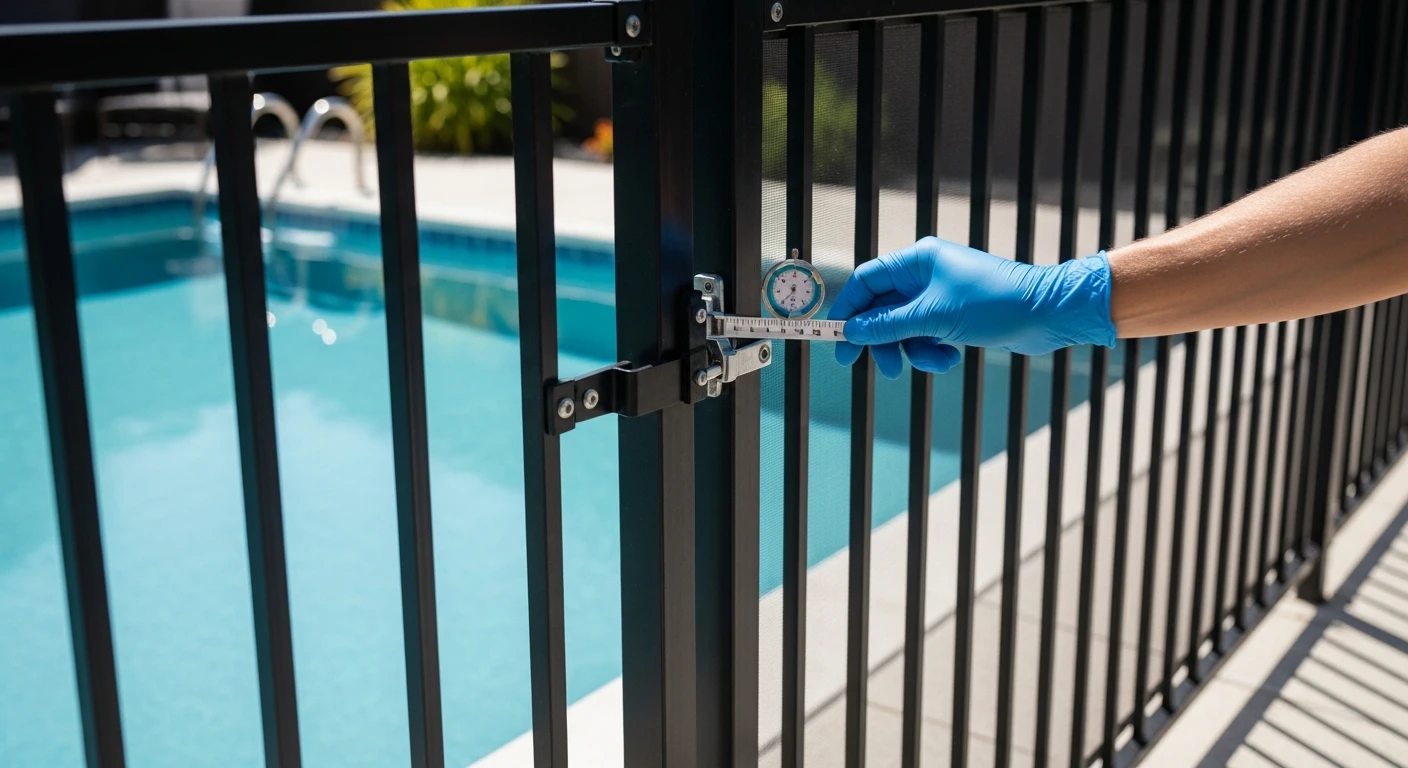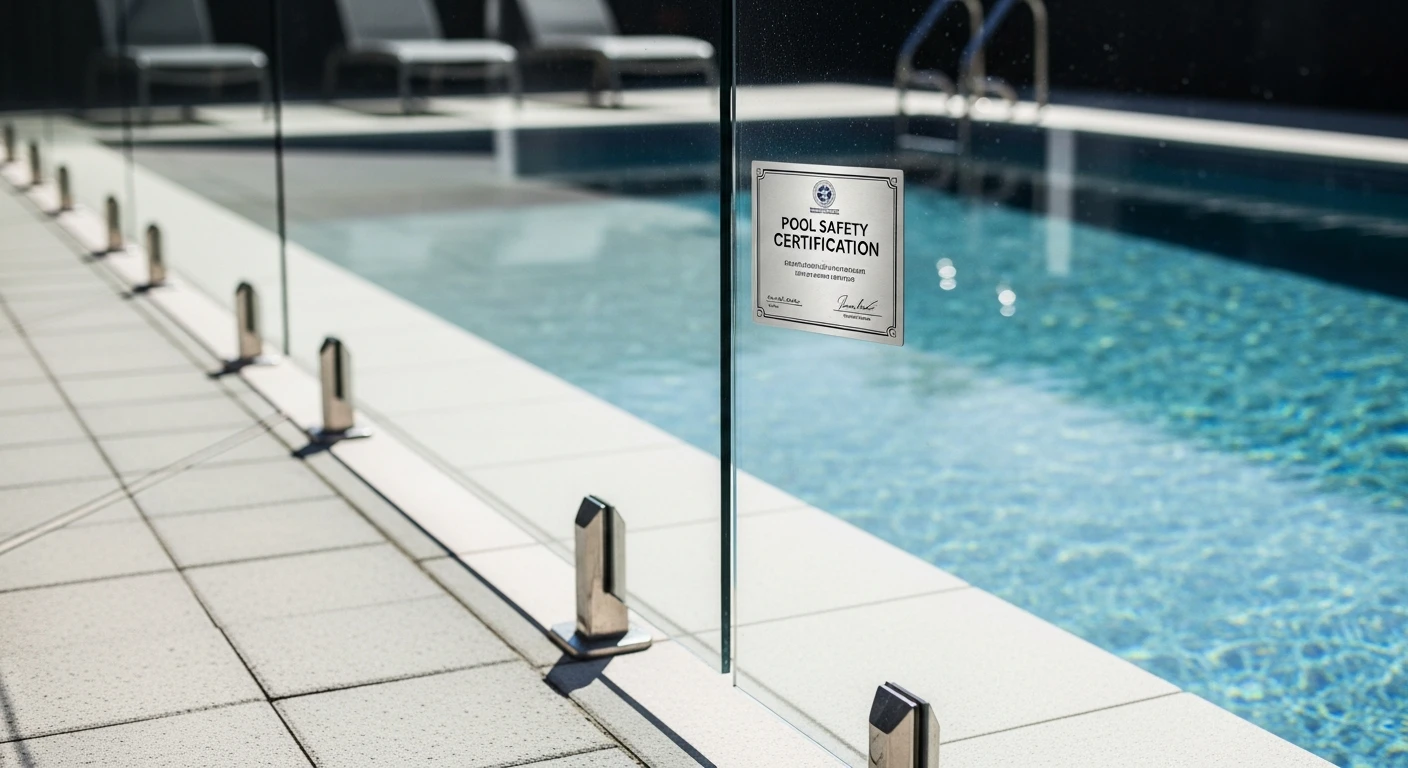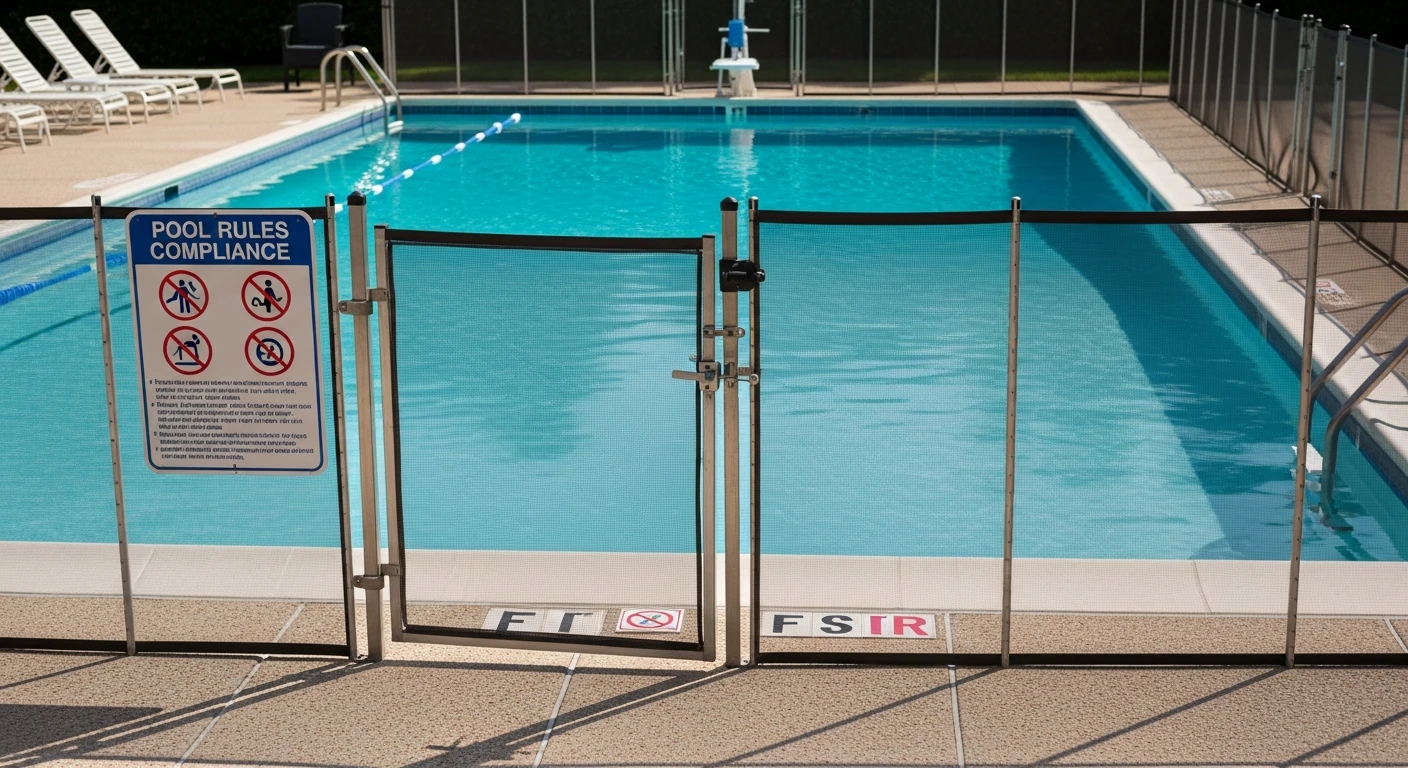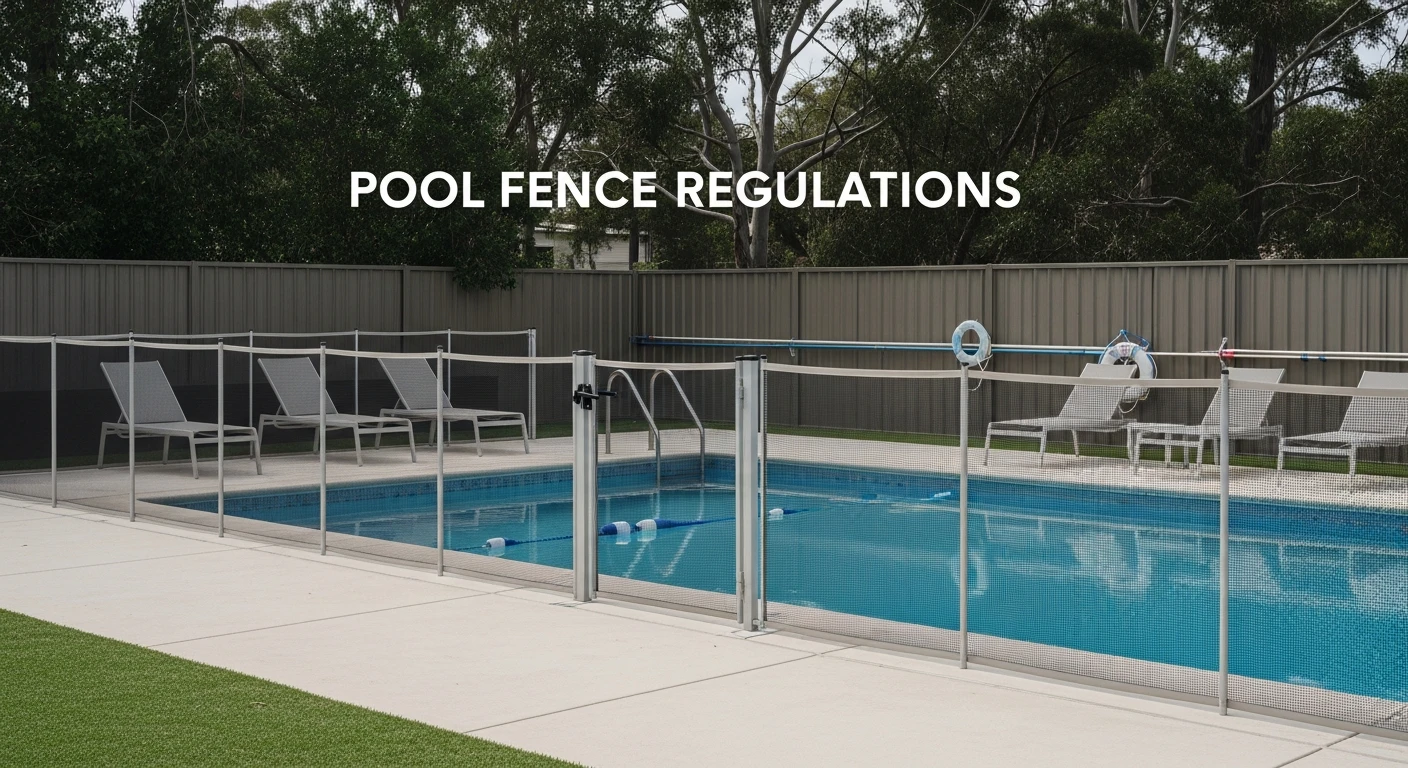Safety Certifications and Inspections
Safety certifications and inspections are vital for guaranteeing that pools comply with local and state safety regulations. These evaluations help uncover safety risks and confirm that required safety measures are properly installed. By certifying pools, you can guarantee a safe swimming space for all users.
Safety certifications and inspections are vital for guaranteeing that pools comply with local and state safety regulations. These evaluations help uncover safety risks and confirm that required safety measures are properly installed. By certifying pools, you can guarantee a safe swimming space for all users.

- Stage 1: Data Aggregation & Cleansing. The first step is to pull all historical data into one place. This includes past inspection reports, maintenance work orders, near-miss reports, and operator logs. The most critical action here is to standardize the equipment naming conventions. In one project, I found a single air compressor listed under three different names, completely skewing its maintenance history until we fixed it.
- Stage 2: Build the Criticality Matrix. Using the aggregated data, we assign a PoF and CoF score to every major asset. This is a collaborative process involving maintenance, operations, and safety teams. The output is a visual, color-coded map of the facility's risk profile.
- Stage 3: Develop Tiered Inspection Plans. With the matrix complete, we create three levels of inspection protocols. Tier 1 (low-risk) might be a simple quarterly visual check. Tier 3 (high-risk), however, will involve a detailed monthly inspection with specific measurements, using tools like ultrasonic testers or oil analysis, based on the FMEA. The key is to link specific inspection tasks to known failure modes.
- Stage 4: Digitize & Automate. Paper checklists are dead. All protocols must be moved into a CMMS or EHS software platform. This allows us to track completion, flag deviations automatically, and, most importantly, feed the results back into the system. An out-of-spec reading during an inspection must automatically trigger a work order and temporarily elevate the asset's risk score.





